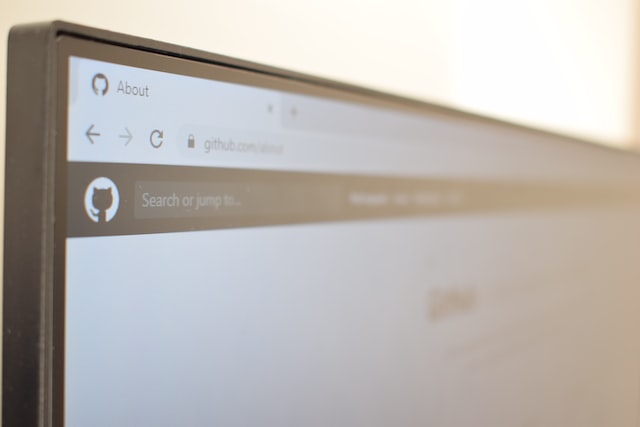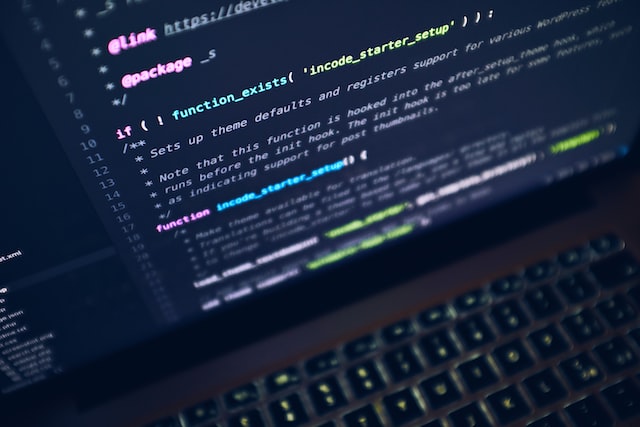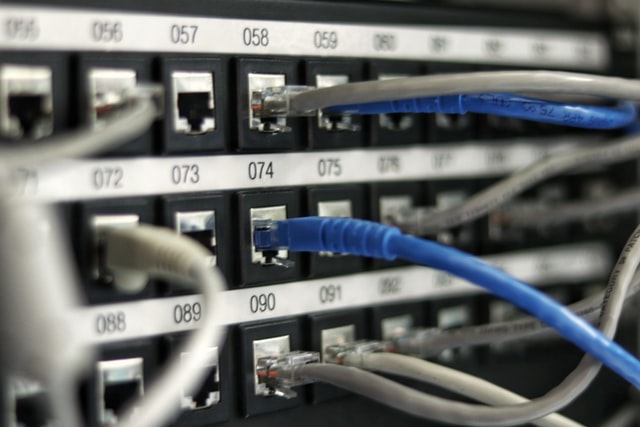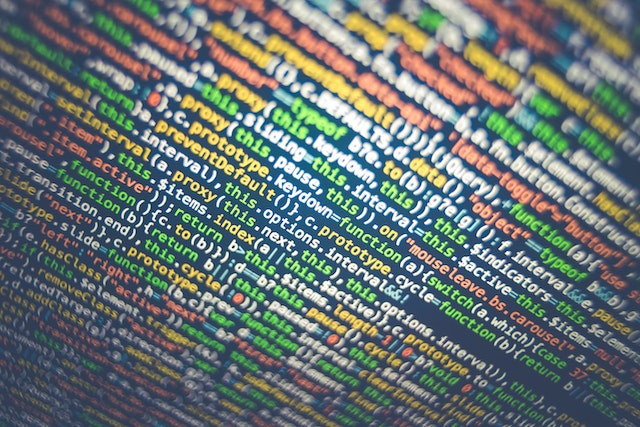
In this hyper-connected world where we are all dependent and conduct much of our lives through digital technologies, data is considered one of the most valuable assets. And so web scraping has become quite a popular way of collecting invaluable data from the web.
In order to make data extraction more efficient and accessible, web scraping relies on a number of automated tools such as Puppeteer. But what is Puppeteer? Is it really the right tool for web scraping? Let’s find out!









